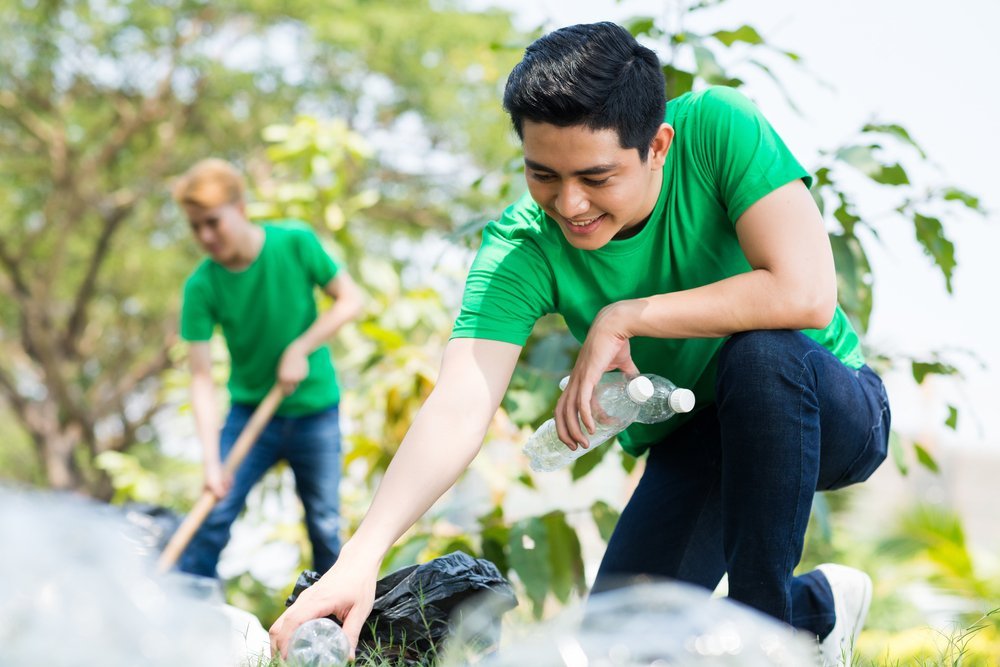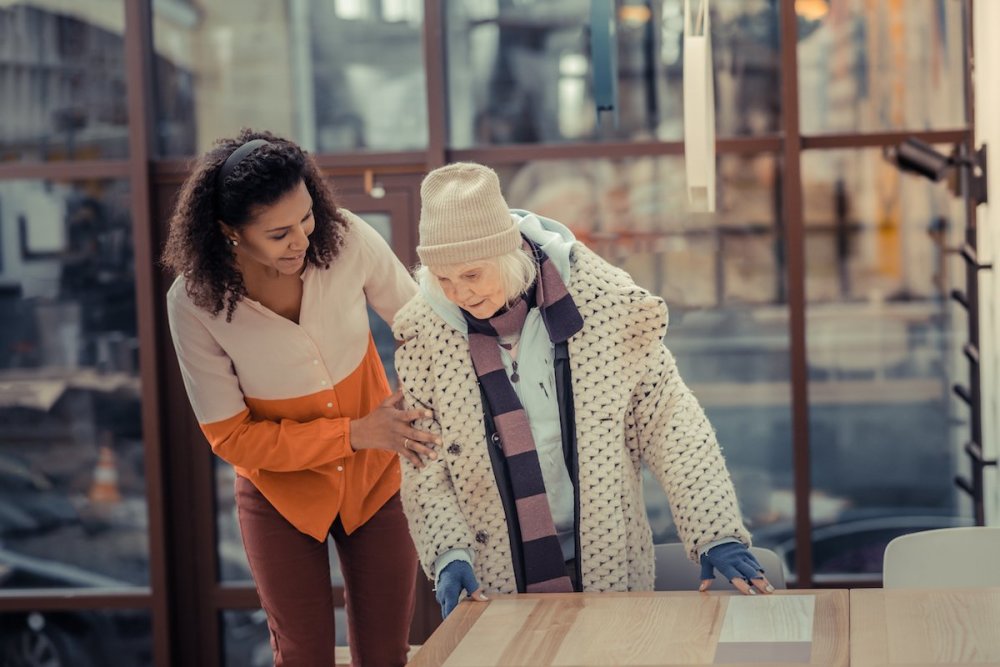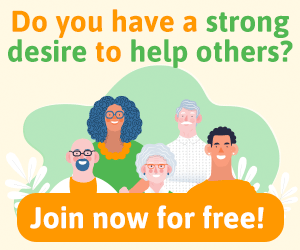The world is a difficult place at the moment, so showing human kindness to others is more relevant than ever. But benevolence doesn't just benefit the person on the receiving end. Dee Marques explains five key benefits we can feel of showing kindness to others.
A few weeks ago, I moved to a country where I didn’t know anybody and where I didn’t speak the language. Sometimes, even the smallest tasks feel unsurmountable due to the language barrier and the lack of familiarity with how things work. But often, I find that random passersby are willing to go out of their way to help me figure things out. When that happens, I’m reminded of the old saying, “Kindness costs nothing, but means everything”.
Today, human kindness is needed more than ever. In this article I will explain why and will explore the benefits of showing human kindness at every opportunity.
What is human kindness?
According to the dictionary, kindness is the 'ability to demonstrate generosity and consideration towards others'. Kindness involves thoughtfulness, compassion and empathy, not only to people we know and love, but to anyone who may need it. In other words, true kindness is not selective; it’s shown to others irrespective of who they are, based on the understanding that we all have something important in common: being human.
Human kindness has been practised and valued since immemorial times. Although we may not be able to trace specific or individual acts of kindness thousands of years back in time, we have reason to believe that they have always been present in society, in the form of religious and/or spiritual beliefs, or as social norms and expectations.
For example, Buddhism is known for the importance it attributes to kindness as an integral part of the human experience. The Buddhist practice of loving kindness or metta illustrates this, as it refers to selflessness, sympathy, and a benevolent attitude towards all sentient beings. This concept is often described as universal love.
Other ancient religions, such as Confucianism, Taoism and Hinduism also consider human kindness to be a core value and working within the laws of karma – what goes around comes around.

Human kindness can lead to more fulfilling relationships shutterstock/Dragon Images
Whether we’re religious or not, we can all agree that the world could do with more kindness. Perhaps we can’t control the levels of suffering caused by war, poverty, price hikes, COVID, and political or social division, but we can do our part to alleviate this suffering by showing human kindness whenever possible and learning how to be nicer.
We only need to look at recent examples of kindness to confirm the truth in this. People in the UK have been taking in Ukrainian refugees and contributing to food banks, even though the average person’s finances aren’t particularly buoyant right now.
RELATED:
- Shared humanity – why it matters
- Random acts of kindness – 22 ways to spread happiness
- The power of kindness – why being nice benefits us all
And the thing is, that gestures of kindness don’t have to be grand, they just need to be genuine. For example, in the town where I lived until very recently, there was an outage that kept our street block without electricity for 3 days, right during the hottest time of the year. People from nearby streets came up to our block and offered to keep groceries in their fridges, so they wouldn’t spoil. At the time, it was a huge help.
So whether big or small, gestures of human kindness are all valid.
So, how can showing human kindness help you?
Sometimes, we’re so enmeshed in our own worries that we think we don’t have the time or energy to show kindness to others. This idea stems from a common misconception: that being kind to other humans only benefits on the receiving end of the kind act.
However, human kindness is so powerful that its beneficial effects actually extend to people who demonstrate it. The ripple effect is an important concept here. Psychologists use this concept to describe the far-reaching impact of acts of kindness, by comparing it to the effect caused by throwing a rock on a still body of water.
“Human kindness is so powerful that its beneficial effects extend to people who demonstrate it. By showing genuine kindness, we can can create ripples of loving feelings that may travel far into the world.”
By showing genuine kindness, we can create ripples of loving feelings that may travel far into the world – we never know who will be inspired by our actions. In fact, it’s not uncommon to witness an act of kindness and feel moved to do the same. Indeed, a study from 2018 shows that kindness can be contagious! What’s more, knowing we’ve done our best to contribute something positive can boost our feelings of contentment and connectedness to others.
But the benefits of showing human kindness don’t stop there. Here are a five more ways in which being kind can boost your well-being:
1. Improves your mood
Contrary to popular belief, doing things for others can improve our mood in more powerful ways than doing things for ourselves. A 2016 study had two groups of people either do acts of kindness for others or treat themselves over a six-week period. Researchers found that the group that had been kind to others reported higher levels of positive emotions, whereas the other group didn’t experience any changes.

Showing kindness to other humans improves our own self-esteem
2. Reduces anxiety and stress
Health experts at the University of California have found that performing acts of human kindness releases oxytocin, also known as the love hormone. These acts also increase the production of the so-called happiness hormones, like dopamine or serotonin. This is important because low serotonin levels are associated with anxiety, stress and other mood disorders.
3. Lowers inflammation and boosts your immune system
This infographic published by Darmouth College claims that people who integrate human kindness into their daily lives have lower cortisol levels. Cortisol is a powerful hormone that plays a role in virtually every process in our bodies, so imbalances are felt rather quickly.
Indeed, high cortisol can cause widespread inflammation, weaken the immune system, disrupt the reproductive system and cause digestive conditions. On the other hand, if acts of kindness can help to lower cortisol levels, helping you to fight inflammation and strengthen your immune system.
4. Improved self-esteem
A four-year study focused on adolescents evaluated the effects of being kind to those who need help, for example, through volunteering. The findings, published in 2016, showed that all acts of kindness improved the participants’ self-esteem, irrespective of how big or small those acts were.
“People who integrate human kindness into their daily lives have lower cortisol levels... helping you to fight inflammation and strengthen your immune system.”
So, how does this happen? Possibly because being kind to others draws attention to the positives in ourselves and reminds us that we are making a difference to improve the lives of others.
5. More fulfilling relationships
In a world where suffering and indifference are the norm, showing human kindness can make you stand out among others as a person worth knowing and being friends with. To that effect, there are studies showing that kindness is more attractive that a good physical appearance, and that emphatic people activate parts of the brain that are key to solid relationship building.
Takeaway: shifting to human kindness
Today, human kindness is needed more than ever. We should all make an effort to not let our busy lives get in the way of altruistic behaviour and to reconnect with the innate gift of human kindness that lies within each one of us. When it comes to kindness, it doesn’t matter if the gesture is big or small, and there are endless ways you can choose kindness over darkness. So, embrace human kindness, make others happier and feel happier yourself. •
Main image: Dmytro Zynkevych
happiness.com | The fine art of being: learn, practice, share
Are you a happiness.com member yet? Sign up for free now to:
■ enjoy our happiness magazine
■ share and support in our happiness forum
■ self-develop with free online Academy classes
Written by Dee Marques
 A social sciences graduate with a keen interest in languages, communication, and personal development strategies. Dee loves exercising, being out in nature, and discovering warm and sunny places where she can escape the winter.
A social sciences graduate with a keen interest in languages, communication, and personal development strategies. Dee loves exercising, being out in nature, and discovering warm and sunny places where she can escape the winter.






Join the conversation
You are posting as a guest. If you have an account, sign in now to post with your account.
There are no comments to display.